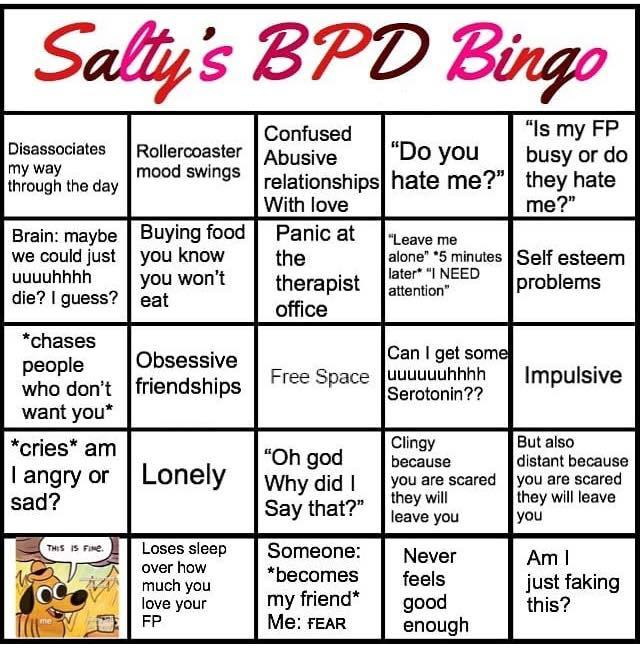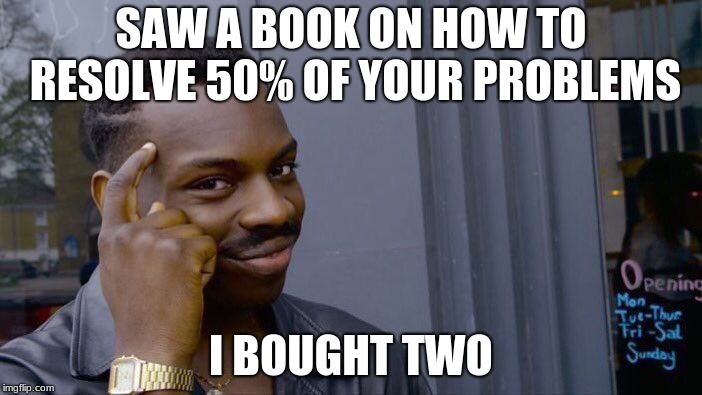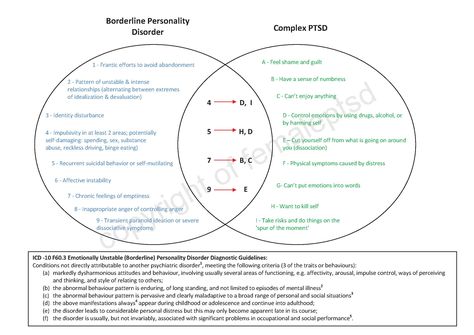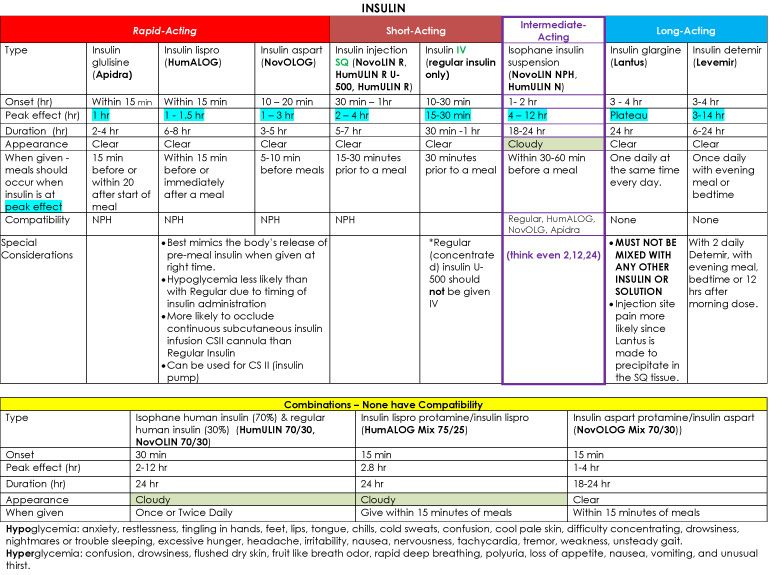Psychologist in private practice
Are you really ready for private practice?
So you want to be a private practitioner? You're not alone. More than half of psychologists who deliver health services are primarily independent practitioners, according to the latest data from APA's Center for Workforce Studies.
But starting a practice fresh out of grad school isn't always feasible. Besides entering a difficult economy and lacking community connections, chances are you haven't yet acquired crucial financial and marketing acumen, says Steven Walfish, PhD, an Atlanta-based practitioner and president-elect of APA's Div. 42 (Psychologists in Independent Practice).
"Grad school teaches you how to be a good clinician, but no one teaches you how to run the business side of a practice," says Walfish, author with Jeff Barnett, PsyD, of the 2009 APA book "Financial Success in Mental Health Practice: Essential Tools and Strategies for Practitioners."
To prepare for the private practice path, experts advise you to:
Gain experience first
When you first leave grad school, think about working for an established group rather than trying to set up your own shop right away. By joining a group practice or taking a job in a community agency or medical setting, you can gain experience, connect with colleagues and have a guaranteed paycheck with benefits. It can also give you an inside look at how to run a business, says Dave Verhaagen, PhD, a managing partner at Southeast Psych, a large group practice in Charlotte, N.C.
"Like a lot of people out of grad school, I had no training at all in business," Verhaagen says. He opted to work for a few community agencies and then a group practice before launching his own. The experience gave him a good sense of the realities of the work world and "ideas about how I'd run my own business differently from what I saw out there," he says.
Develop a niche
While at the beginning of your practice you will probably need to take any and all clients, specialty niches tend to provide the best income and make the best use of your time and energy, psychologists say.
Think about populations you most enjoy and are best at treating, as well as what the market needs, experts advise. In Denver, private practitioner Susan Heitler, PhD, discovered a lucrative niche in marriage counseling when she noticed there were many people who wanted help creating better marriages — not just those in the throes of divorce. But there weren't many practitioners who could do that well. "You need to find something that's unique and in demand and that people are willing to pay for," Walfish says. "It will help you stand out from other practitioners."
In Denver, private practitioner Susan Heitler, PhD, discovered a lucrative niche in marriage counseling when she noticed there were many people who wanted help creating better marriages — not just those in the throes of divorce. But there weren't many practitioners who could do that well. "You need to find something that's unique and in demand and that people are willing to pay for," Walfish says. "It will help you stand out from other practitioners."
Watch market trends
Be aware of social, geographic, economic and political trends that may square with your interests, says Walfish. If you live in a city but your specialty is children and families, consider practicing in the suburbs. If you notice one market trend evaporating (the need for psychological testing to assess personality structure, for example) and another one gaining steam (say, psychological testing for adult attention deficit disorder) determine how to get on the new track in a way that suits your abilities.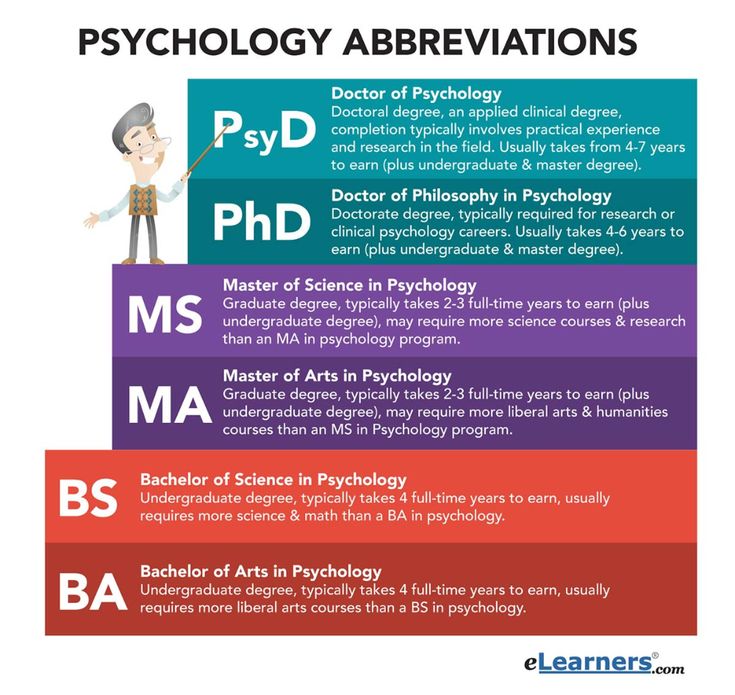
Walfish speaks from personal experience: When he began practicing in the 1980s, he conducted psychological evaluations for people in residential substance abuse treatment programs. Then, managed care came along and eliminated payment for those assessments, so he began specializing in short-term therapy. Today, Walfish sees patients considering weight-loss surgery, a high-demand area that fits his skill set well. He fully anticipates changing again if the market calls for it.
"The people who have long-term success are those who can adapt to these changes," Walfish says. "Without adapting, I think practitioners can get angry, depressed, burned out and fall into learned helplessness."
Create a strong plan
That includes developing a mission or value statement for your practice, a list of whom you'd want to work with if you decide to create a group practice and a business plan. To develop your plan, tap experts in accounting, taxes and mental health law, and talk with practitioners who are already out there, Walfish says. "Don't just go on the experience of one person who is terribly successful or one person who is all gloom and doom," he says. "The more private practitioners you can talk to in the beginning, the more accurate your knowledge base will be."
"Don't just go on the experience of one person who is terribly successful or one person who is all gloom and doom," he says. "The more private practitioners you can talk to in the beginning, the more accurate your knowledge base will be."
Develop new talents
To run a successful practice, you need to learn business skills, as well as skills related to new content areas you'd like to practice in. Heitler did extensive reading to get up to speed in her area and ended up writing two well-known books incorporating what she learned, "From Conflict to Resolution: Skills and Strategies for Individual, Couple and Family Therapy" (1993) and "The Power of Two: Secrets to a Strong & Loving Marriage" (1997).
Sell yourself
It's not enough to be a good practitioner: You must market yourself, too, says Vancouver, B.C.-based practitioner Randy J. Paterson, PhD, author of the 2011 book "Private Practice Made Simple." That means giving free talks in venues such as schools and community centers.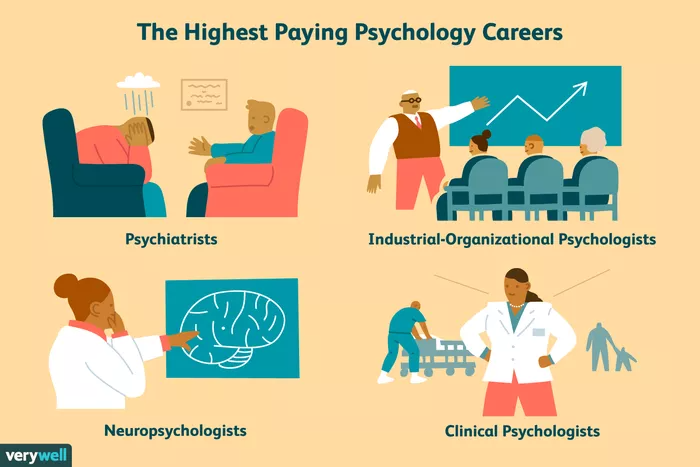 Also consider meeting with people who could refer clients to you, such as physicians, allied health professionals, educators and leaders in faith communities. Finally, be sure to use technology to your advantage — for example, building a strong website that defines your practice and draws clients to it.
Also consider meeting with people who could refer clients to you, such as physicians, allied health professionals, educators and leaders in faith communities. Finally, be sure to use technology to your advantage — for example, building a strong website that defines your practice and draws clients to it.
In general, "you need to get over the idea that your clinical competence alone will sell your practice," says Paterson. "Ultimately it will, but not at the start."
Be bold
As you develop your practice plan, envision the kind of practice you'd really like to have and how to implement it, Verhaagen says. "We realized early on that we wanted the tone to feel fun and positive, not heavy," says Verhaagen, who specializes in treating young adult males. That's why when clients walk into his practice they encounter a bookstore with free coffee and Wi-Fi. In the treatment area, he's hung movie posters on the walls and placed mannequins of superheroes including Batman, Superman and Wonder Woman — a playful way of conveying themes of strength, resiliency and a positive focus.
"Also, be sure to vet potential hires to make sure they're a good fit with your values and culture," he says. Encouraging your team to spend time socializing so that they forge good personal bonds can likewise foster a healthy practice, says Verhaagen.
Respect your worth
Some graduate psychology students may feel that dealing with money is morally wrong or even beneath them. But to be successful, you have to know and appreciate your value in dollar terms, say practitioners. Learn to be comfortable charging a fee that reflects your worth and your area's market, Paterson advises. Remember that your hourly rate encompasses business costs including your phone system, computer, test materials, assistants and time you spend outside therapy working on a client's case. Be sure to compare your rates with those charged by other professions, he adds. "People [often] pay more to take their cat to the vet than they do to see a therapist," he says.
Charging a healthy rate for your services can actually promote good therapy, Verhaagen adds.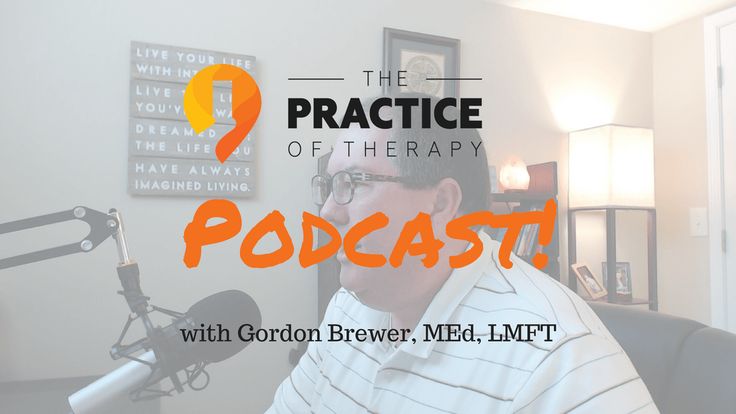 It prompts practitioners to do their best work and provides clients the incentive to work hard, he says. "We can help a lot of people and do really good work and still think very much like a business," he says.
It prompts practitioners to do their best work and provides clients the incentive to work hard, he says. "We can help a lot of people and do really good work and still think very much like a business," he says.
Diversify
Your skills can be used in a variety of interesting ways besides seeing clients. For example, in addition to providing therapy, psychologist Tish Taylor, PhD, conducts workshops for teachers and educators on dealing with children who have emotional and behavioral problems. Genie Skypek, PhD, writes software that helps social service agencies track patients. Walfish and colleagues Pauline Wallin, PhD, and Lauren Dehrman, PhD, are using their consulting skills to develop an online business called The Practice Institute, which will help psychologists gain the tools to build successful private practices. Others author self-help books, create educational CDs and DVDs, conduct forensic evaluations and run corporate retreats. Aim for a practice that is varied, balanced and in sync with your interests, Walfish says.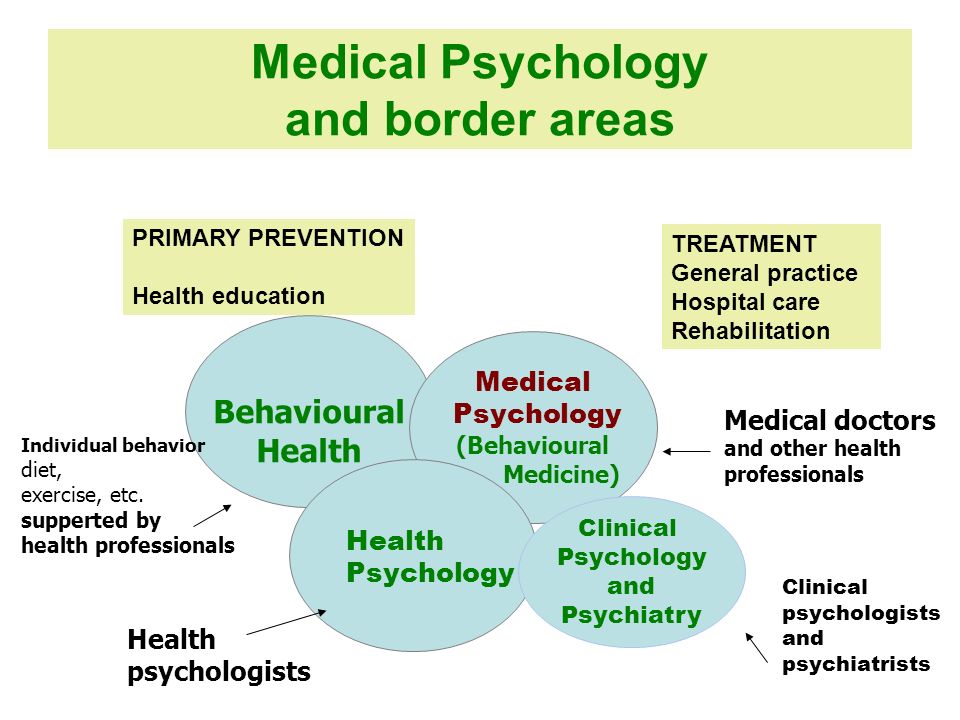
"We have a tremendous skill set that gives us an advantage over other mental health professions," he says. "Extending that skill set helps to create opportunities."
Tori DeAngelis is a writer in Syracuse, N.Y.
What Is A Psychologist, Private Practice
There is more than meets the eye when it comes to being a psychologist, private practice. For example, did you know that they make an average of $39.27 an hour? That's $81,680 a year! Between 2018 and 2028, the career is expected to grow 14% and produce 26,100 job opportunities across the U.S.
What Does a Psychologist, Private Practice Do
Psychologists study cognitive, emotional, and social processes and behavior by observing, interpreting, and recording how people relate to one another and their environments.
How To Become a Psychologist, Private Practice
Although psychologists typically need a doctoral degree in psychology, a master’s degree is sufficient for some positions. Psychologists in independent practice also need a license.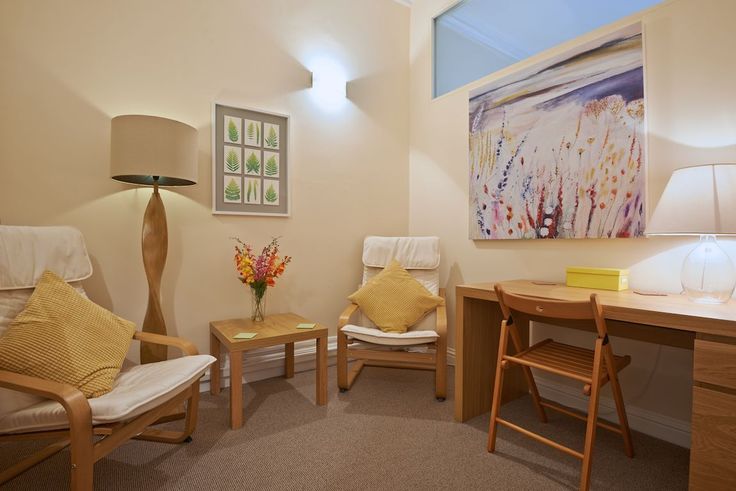
Top Psychologist, Private Practice Jobs Near You
Psychologist, Private Practice Career Paths
As you move along in your career, you may start taking on more responsibilities or notice that you've taken on a leadership role. Using our career map, a psychologist, private practice can determine their career goals through the career progression. For example, they could start out with a role such as clinical supervisor, progress to a title such as program director and then eventually end up with the title clinical director.
Psychologist, Private Practice
Clinical SupervisorProgram DirectorClinical Director
9 Years
Clinical SupervisorClinical ManagerNursing DirectorClinical Services Director
11 Years
Clinical SupervisorProgram DirectorDirectorMedical Director
9 Years
Case ManagerRegistered Nurse Case ManagerClinical Manager
8 Years
Case ManagerRegistered Nurse Case ManagerNursing DirectorDirector Of Health Services
10 Years
Case ManagerRegistered Nurse ManagerNurse ManagerPatient Care Manager
5 Years
Show More
Top Careers Before Psychologist, Private Practice
Internship(51,064 Jobs)
13. 1 %
1 %
Psychologist(12,516 Jobs)
Therapist(159,770 Jobs)
Top Careers After Psychologist, Private Practice
Psychologist(12,516 Jobs)
15.3 %
Clinical Psychologist(69,762 Jobs)
Therapist(159,770 Jobs)
Recent Job Searches
Registered Nurse Jobs
ResumeLocationRegistered Nurse Coffee Regional Medical Center Jobs
Emergency Medical Technician Jobs
ResumeLocationEmergency Medical Technician AMI Healthcare Jobs
Service Associate Jobs
ResumeLocationService Associate Goodwill Industries of the Inland Northwest Jobs
Registered Nurse Jobs
ResumeLocationRegistered Nurse Hospice Buffalo Jobs
Material Handler Jobs
ResumeLocationMaterial Handler Rockline Industries Jobs
Bodily Injury Adjuster Jobs
Bodily Injury Adjuster GAINSCO Auto Insurance Jobs
Psychologists, Private Practice in America make an average salary of $81,680 per year or $39 per hour. The top 10 percent makes over $116,000 per year, while the bottom 10 percent under $57,000 per year.
The top 10 percent makes over $116,000 per year, while the bottom 10 percent under $57,000 per year.
Average Psychologist, Private Practice Salary
$81,680 Yearly
$39.27 hourly
$57,00010%
$81,000Median
$116,00090%
What Am I Worth?
Roles and Types of Psychologist, Private Practice
There are several types of psychologist, private practice, including:
Psychologist
Role:
Psychologists may work in various settings, from clinics to schools, workplaces, organizations, or private practices. Their job, essentially, is to assess and diagnose mental or emotional disorders in their patients.
They do not stop after arriving at a diagnosis, though. Treating patients with therapy or choosing from a wide variety of alternative options and methods is also their job. If they do not seem to have access to the appropriate tools, they will refer their patients to specialized therapists or other treatment facilities.
You will need an extended period of education and experience to qualify as a practicing psychologist. The road to get there is not easy, and the position is demanding on many levels, but the ability to help people is always extremely powerful and fulfilling.
- Average Salary: $97,803
- Degree: Bachelor's Degree
Psychotherapist
Role:
A Psychotherapist is an allied medical professional who specializes in psychotherapy - the treatment of mental health problems using psychological methods instead of medical methods.
Psychotherapy is also known as "talking therapy," and it helps patients to overcome mental and emotional problems and deal with their problematic beliefs, thoughts, behaviors, or compulsions with an aim to improve their well-being.
A Psychotherapist's job is extremely sensitive and requires that one has the necessary skills and experience. Skills such as verbal and listening skills, empathy, patience, and confidence are all essential for a psychotherapist.
A good grasp of psychological treatments is also essential to the role of a Psychotherapist. The typical workweek for them is 40 hours a week, five days a week, from 9:00 am to 5:00 pm.
- Average Salary: $69,921
- Degree: Master's Degree
Outpatient Physical Therapist
Role:
Physical therapists may come to hospitals to treat bed-ridden patients, but the real work is accomplished in an outpatient clinic. Outpatient clinics are physiotherapy centers where patients come to receive care, but they don't get admitted.
An outpatient physical therapist (PT) may use various equipment and modalities to treat a patient. They have machines designed to target every part of the body and brain function as needed. A day in the life of an outpatient PT includes taking patients' history, counseling family members, and helping patients through various exercises. Outpatient PTs may also request imaging like X-ray and MRI and diagnose conditions.
To become an outpatient PT, you need to study physical therapy and obtain a state license to practice. You'll also need to undergo an internship where you'll gain experience. Outpatient physiotherapy care may take months or years, so you'll need a combination of patience, positivity, and a favorable disposition.
- Average Salary: $66,359
- Degree: Master's Degree
View More
States With The Most Psychologist, Private Practice Jobs
Number Of Psychologist, Private Practice Jobs By State
| Rank | State | Number of Jobs | Average Salary |
|---|---|---|---|
| 1 | California | 1,842 | $73,631 |
| 2 | Florida | 780 | $52,676 |
| 3 | Texas | 560 | $67,628 |
| 4 | New York | 517 | $85,002 |
| 5 | Illinois | 499 | $76,261 |
| 6 | Massachusetts | 452 | $109,046 |
| 7 | Pennsylvania | 417 | $78,880 |
| 8 | North Carolina | 349 | $64,477 |
| 9 | Ohio | 343 | $102,970 |
| 10 | Georgia | 342 | $59,207 |
| 11 | Washington | 337 | $75,897 |
| 12 | New Jersey | 313 | $73,169 |
| 13 | Virginia | 263 | $70,912 |
| 14 | Maryland | 237 | $106,141 |
| 15 | Oregon | 234 | $80,962 |
| 16 | Colorado | 229 | $95,382 |
| 17 | Arizona | 219 | $65,383 |
| 18 | Michigan | 207 | $80,382 |
| 19 | Wisconsin | 197 | $70,180 |
| 20 | Indiana | 186 | $68,813 |
| 21 | Minnesota | 178 | $69,573 |
| 22 | Connecticut | 175 | $109,022 |
| 23 | Missouri | 150 | $93,167 |
| 24 | Oklahoma | 149 | $61,641 |
| 25 | South Carolina | 130 | $83,801 |
| 26 | Utah | 129 | $100,425 |
| 27 | Kentucky | 129 | $96,598 |
| 28 | Tennessee | 124 | $64,496 |
| 29 | Louisiana | 106 | $76,953 |
| 30 | New Mexico | 94 | $71,206 |
| 31 | Maine | 87 | $74,425 |
| 32 | Iowa | 86 | $66,684 |
| 33 | Nebraska | 79 | $95,691 |
| 34 | Arkansas | 78 | $63,742 |
| 35 | New Hampshire | 77 | $109,073 |
| 36 | Nevada | 74 | $110,390 |
| 37 | Alabama | 70 | $53,942 |
| 38 | Kansas | 69 | $62,028 |
| 39 | Delaware | 60 | $106,849 |
| 40 | Montana | 57 | $101,625 |
| 41 | Rhode Island | 50 | $109,243 |
| 42 | Idaho | 49 | $71,861 |
| 43 | Hawaii | 48 | $76,865 |
| 44 | Alaska | 47 | $99,579 |
| 45 | North Dakota | 37 | $100,983 |
| 46 | South Dakota | 33 | $98,857 |
| 47 | Mississippi | 33 | $77,633 |
| 48 | West Virginia | 29 | $102,626 |
| 49 | Wyoming | 29 | $67,271 |
| 50 | Vermont | 25 | $108,612 |
Psychologist, Private Practice Education
Psychologist, Private Practice Majors
Psychology
21. 9 %
9 %
Clinical Psychology
12.0 %
Social Work
11.1 %
Psychologist, Private Practice Degrees
Bachelors
37.8 %
Masters
30.6 %
Doctorate
22.9 %
Top Colleges for Psychologist, Private Practices
1. University of Pennsylvania
Philadelphia, PA • Private
In-State Tuition
$55,584
Enrollment
10,764
2. University of North Carolina at Chapel Hill
Chapel Hill, NC • Private
In-State Tuition
$8,987
Enrollment
18,946
3. Boston University
Boston, MA • Private
In-State Tuition
$53,948
Enrollment
17,238
4. New York University
New York, NY • Private
In-State Tuition
$51,828
Enrollment
26,339
5. Northwestern University
Evanston, IL • Private
In-State Tuition
$54,568
Enrollment
8,451
6. Columbia University in the City of New York
New York, NY • Private
In-State Tuition
$59,430
Enrollment
8,216
7.
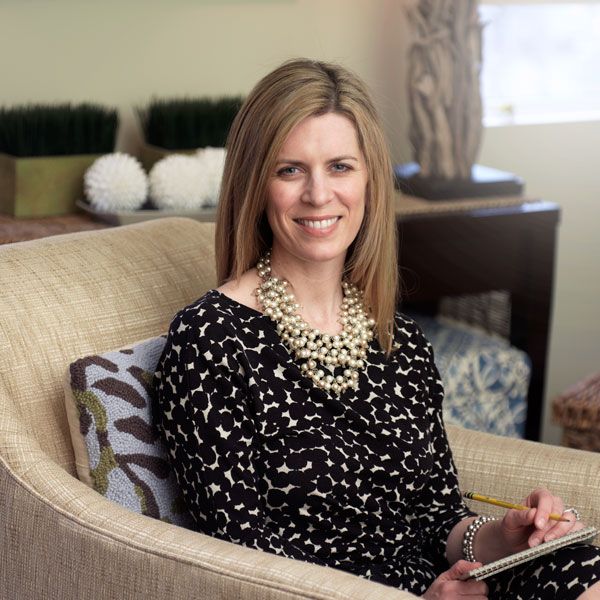 Washington University in St Louis
Washington University in St LouisSaint Louis, MO • Private
In-State Tuition
$53,399
Enrollment
7,356
8. University of Southern California
Los Angeles, CA • Private
In-State Tuition
$56,225
Enrollment
19,548
9. California State University - Long Beach
Long Beach, CA • Private
In-State Tuition
$6,798
Enrollment
31,503
10. Pennsylvania State University
University Park, PA • Private
In-State Tuition
$18,454
Enrollment
40,108
The skills section on your resume can be almost as important as the experience section, so you want it to be an accurate portrayal of what you can do. Luckily, we've found all of the skills you'll need so even if you don't have these skills yet, you know what you need to work on. Out of all the resumes we looked through, 23.4% of psychologists, private practice listed patients on their resume, but soft skills such as analytical skills and communication skills are important as well.
- Patients, 23.4%
- Primary Care, 14.4%
- Private Practice, 7.6%
- Family Therapy Sessions, 7.1%
- Adolescents, 5.8%
- Other Skills, 41.7%
Psychologist, Private Practice Demographics
Psychologist, Private Practice Gender Distribution
Female
After extensive research and analysis, Zippia's data science team found that:
- Among psychologists, private practice, 59.3% of them are women, while 40.7% are men.
- The most common race/ethnicity among psychologists, private practice is White, which makes up 76.4% of all psychologists, private practice.
- The most common foreign language among psychologists, private practice is Spanish at 54.2%.
Online Courses For Psychologist, Private Practice That You May Like
Advertising Disclosure The courses listed below are affiliate links. This means if you click on the link and purchase the course, we may receive a commission.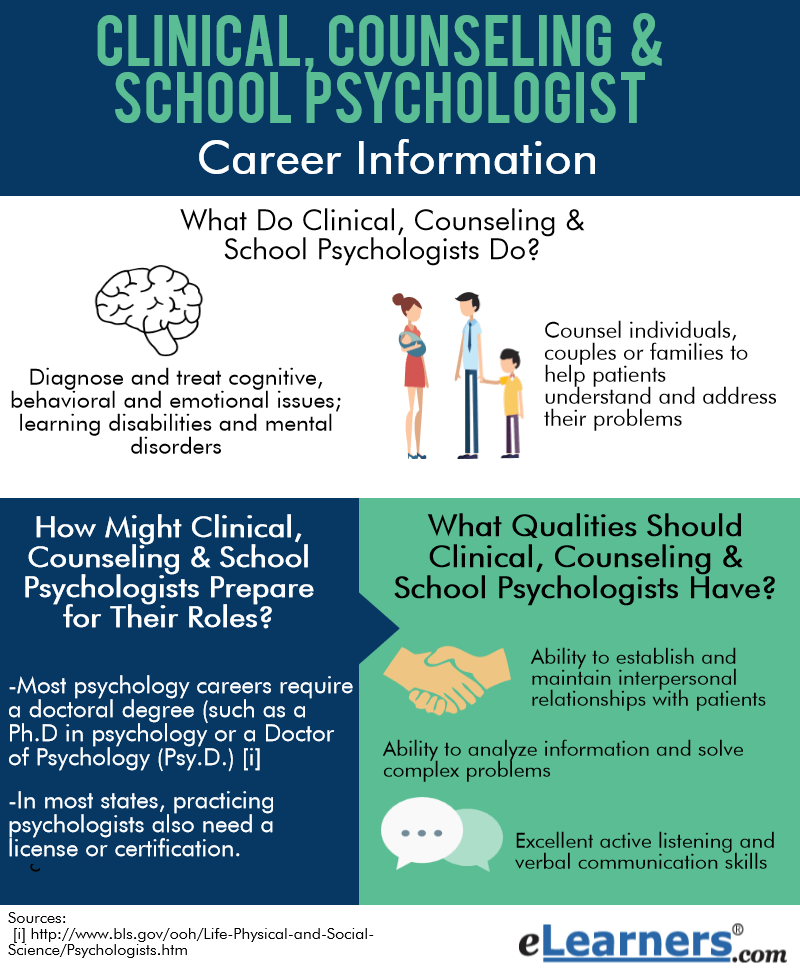
The Complete EMDR Therapy Course - Accredited Certification
(412)
International EMDR Training for Self-Healing, Trauma Therapy, Childhood Healing, PTSD, Grief, and Counseling...
View Details on Udemy
EMDR Therapy and PTSD
(413)
An Introduction to Eye Movement Desensitisation and Reprocessing (EMDR) and the Neuropsychology of PTSD...
View Details on Udemy
Advanced Training for Trauma Treatment of Complex PTSD
(1,254)
Complex PTSD...
View Details on Udemy
Show More Psychologist, Private Practice CoursesJob type you want
Full Time
Part Time
Internship
Temporary
How Do Psychologist, Private Practice Rate Their Jobs?
Do you work as a Psychologist, Private Practice?
Rate how you like work as Psychologist, Private Practice. It's anonymous and will only take a minute.
Top Psychologist, Private Practice Employers
- Zippia Careers
- Life, Physical, and Social Science Industry
- Psychologist, Private Practice
Updated February 6, 2023
Successful psychologists about private practice
SUCCESSFUL PSYCHOLOGISTS about private practice
VLADIMIR KUZNETSOV:
to start - just start
just start
, in which we ask them about their professional path and strategies for promoting services in order to understand how they think, what they do and what they do not do in order to do what they love with pleasure and pride.
Guest of our section today - Vladimir Kuznetsov
- Ph.D.
- Associate Professor of the Department of Psychiatry and Clinical Psychology, SSMU
- Head of the Psychological Service of SSMU
- in the profession since 1994.
Now Vladimir lives and successfully practices in Sweden, in the city of Lumeå.
- I graduated from the Northern State Medical University - medical business, then I became interested in psychotherapy. I was one of the first who developed trainings in psychology and psychotherapy for the first graduation of psychologists in Arkhangelsk.
About profession
- Normal people don't come to psychology. It is my deep conviction (here you have the right to disagree with me) that a person chooses a profession based on his own problems. Those who are trying to replace the Lord God on earth become doctors. And not quite normal people go to psychotherapists (and others like them to psychologists). In contrast - giving people advice, teaching them - they bring themselves closer to the so-called. norm. The best option: working with people, you work on yourself, change something in yourself. Otherwise (“you are all crazy, and I teach you how to do the right thing”), this is megalomania. Again, this is my personal opinion, not an axiom.
In contrast - giving people advice, teaching them - they bring themselves closer to the so-called. norm. The best option: working with people, you work on yourself, change something in yourself. Otherwise (“you are all crazy, and I teach you how to do the right thing”), this is megalomania. Again, this is my personal opinion, not an axiom.
- I have been in the profession since 1994, after graduating from the university I did nothing else. Interest in psychology and psychotherapy coincided with the desire and opportunity to earn money, in parallel with psychotherapy, for some time he was fond of business consulting.
About private practice
This is what many people dream of: a job that brings both pleasure and income.
- Normal people don't come to psychology. It is my deep conviction (here you have the right to disagree with me) that a person chooses a profession based on his own problems. Those who are trying to replace the Lord God on earth become doctors. And not quite normal people go to psychotherapists (and others like them to psychologists). In contrast - giving people advice, teaching them - they bring themselves closer to the so-called. norm. The best option: working with people, you work on yourself, change something in yourself. Otherwise (“you are all crazy, and I teach you how to do the right thing”), this is megalomania. Again, this is my personal opinion, not an axiom.
And not quite normal people go to psychotherapists (and others like them to psychologists). In contrast - giving people advice, teaching them - they bring themselves closer to the so-called. norm. The best option: working with people, you work on yourself, change something in yourself. Otherwise (“you are all crazy, and I teach you how to do the right thing”), this is megalomania. Again, this is my personal opinion, not an axiom.
- I have been in the profession since 1994, after graduating from the university I did nothing else. Interest in psychology and psychotherapy coincided with the desire and opportunity to earn money, in parallel with psychotherapy, for some time he was fond of business consulting.
About demons
- Were there any fears and doubts at the beginning of private practice?
I don't remember... At least I had no doubts about my educational level. In terms of competence, yes. But a reasonable person always doubts the level of his own competence, this is quite normal, because "I know that I know nothing. "
"
The key point has always been my interest in psychotherapy, it has been the main driving force behind my development in the profession.
About prices and values
- There was a period when I worked in the outpatient department of the SSMU polyclinic. At the same time, he studied the market for psychotherapeutic services: who earns how much, who sets what prices for their services. But to be honest, I don’t understand much in commercial matters, so it was simply boring and not interesting for me to participate in this competitive struggle.
The year 2005 has arrived. At that time I was already an accomplished psychotherapist. Once, while doing home repairs, I realized that I urgently needed the services of an electrician. Called the master of the announcement in the newspaper. He came, looked at the scope of work and put up a price for the services. The price was quite high compared to the prices for the services of a psychotherapist.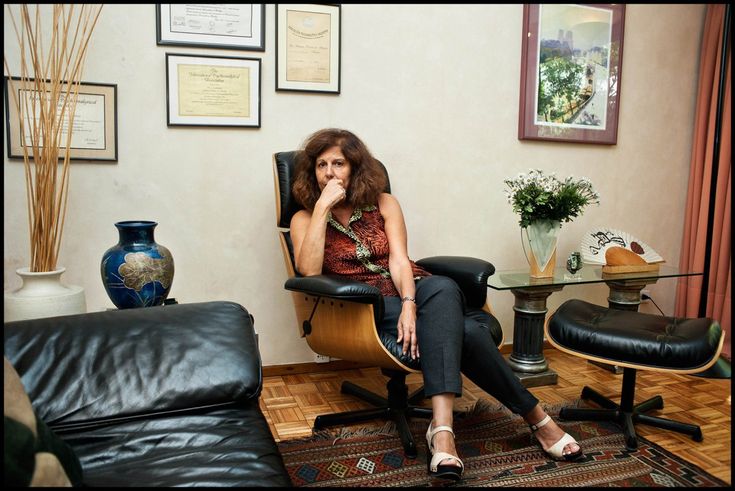 But it was an ordinary electrician! And then I realized: if people order such services, it's worth it.
But it was an ordinary electrician! And then I realized: if people order such services, it's worth it.
I came to the conclusion:
If people save money on the services of psychologists, it means they don't appreciate us!
I began to cautiously raise the price tag, for a start having agreed it with the economists of our polyclinic. Compared to the prices that existed at that time in the city, we raised the bar three times. We entered the so-called premier market. At first, the number of clients decreased, but over time it reached the previous level. At the same time, the quality of services has improved. And interestingly, the quality of the clients themselves has changed - other patients, a different contingent, began to contact us. These were not rich people, with an average income, but they could afford the services of a psychologist and psychotherapist.
- Increasing sales has never been a goal for me, quality has always been a priority.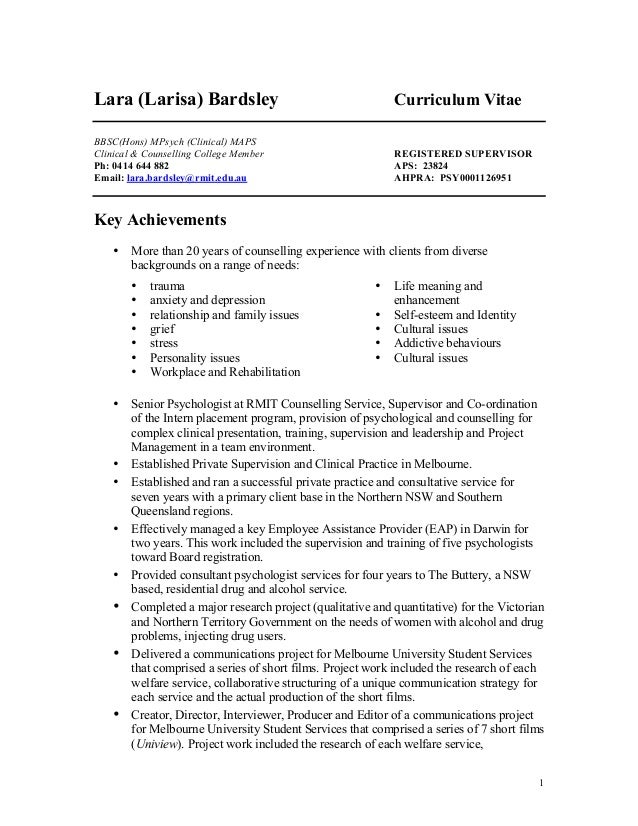 I'm not a businessman, it doesn't motivate me. I am a doctor. I'm interested in talking to a person about something that fascinates us both; about what bothers us. And get paid for it. I always understood that this was not a circulation, that I would never earn much from this. I put my interest in the case and the interest of the client at the forefront.
I'm not a businessman, it doesn't motivate me. I am a doctor. I'm interested in talking to a person about something that fascinates us both; about what bothers us. And get paid for it. I always understood that this was not a circulation, that I would never earn much from this. I put my interest in the case and the interest of the client at the forefront.
About today
- Now I live in Sweden, I work as a psychiatrist in the city of Lumeå. Along the way, I am engaged in private practice, advising people. But he did not make any special efforts to promote it. I haven't been recruiting for a long time. In Arkhangelsk, people turned to the psychotherapy department of the SSMU polyclinic for help, knowing that there was a psychological support service there. Someone knew me as a specialist and went to me personally.
- I do not promote my services. I'm just interested in the person with whom I work, and who pays me for my help. If a client pays money, but he is not interesting to me as a person, I will be delighted when we finish the session.
Useful advice
- What would you recommend to professionals who want to start their own private practice? To get started, you just need to start. What's easier!
Work with what you are truly interested in, what warms your soul. And in parallel, think about how to make it profitable. Here is my strategy.
And there are always people who need your professional help!
Like the material? Share with friends and colleagues!
How to become a psychologist and how much it costs
After graduating from the Faculty of Psychology, I dreamed of sitting in an office, helping people and getting paid for it.
Vladimir Tsurankov
practicing psychologist
Author profile
I wanted to become a private psychologist since the 9th grade. He loved to read about methods that help to cope with fears, communicate and be happier. And friends said that I was responsive and able to listen. And so the puzzle came together.
And so the puzzle came together.
I entered the Faculty of Psychology for free. After graduation, I wanted to immediately start my own practice, but I quickly realized that university knowledge was not enough for this. Then I could only get a job as a psychologist at the Ministry of Emergency Situations with a salary of 10,000 R per month.
To fulfill the dream of private practice, I had to study additionally at my own expense. I went through trainings, chose a specialization, visited another psychologist as a client, made and promoted the site myself. And only 4 years after the university, in 2017, he began to conduct his practice.
Psychologist appointments are quite expensive. And many people think that with seemingly dust-free work, we bathe in money. But psychologists constantly need to improve their skills: study, go to supervision and personal therapy, attend supervision groups and participate in professional conferences. It takes a significant portion of the income.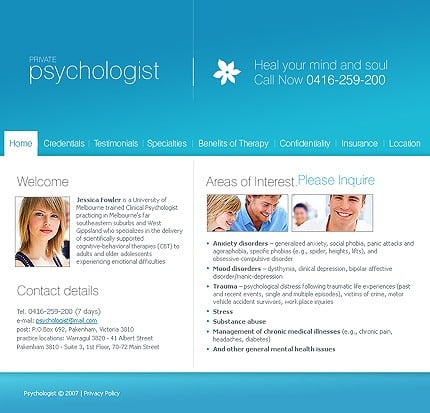 I wrote this article to tell you how much time, effort and money you have to spend to run a private practice.
I wrote this article to tell you how much time, effort and money you have to spend to run a private practice.
How I applied to be a psychologist
A degree in psychology is a prerequisite for becoming a practicing psychologist.
I entered the Faculty of Psychology right after school - in 2008. To get into Voronezh State University on a budget, I went to tutors in biology, mathematics and Russian. I was lucky: then the competition was smaller, and the passing score was lower than a year earlier or later. As a result, I entered the state budget and did not pay for education.
In 2008-2013, studying at my university would cost me 30,000 R per year, or 150,000 R for 5 years. Now, in 2020, just one year at my university already costs 102,800 R. In other cities, education is even more expensive: at Novosibirsk State University - 165,000 R per year, at MSUPU - 220,000 R, and at the Higher School of Economics in Moscow — 430 000 R.
It pisses me off that people don't understand why spend money on psychotherapy
And at St.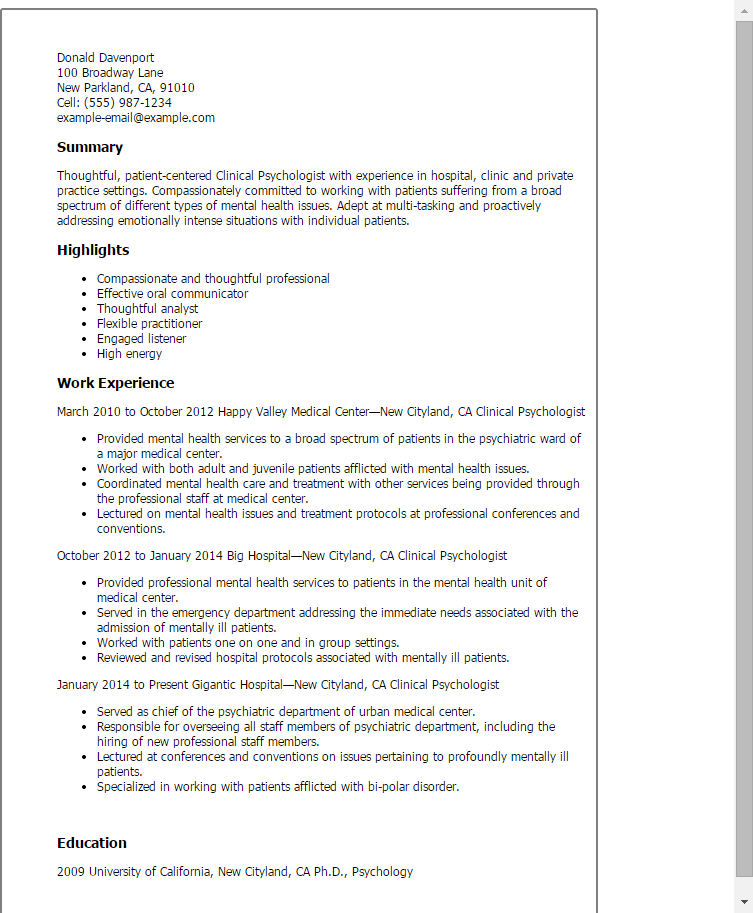 Petersburg State University the price depends on the specialization of a psychologist: the cheapest way is to study as a conflictologist, the most expensive is to become a clinical psychologist The cost of studying at the Faculty of Psychology of Moscow State University depends on the form. The most expensive are the second higher education and full-time education. The cheapest option is a part-time master's program
Petersburg State University the price depends on the specialization of a psychologist: the cheapest way is to study as a conflictologist, the most expensive is to become a clinical psychologist The cost of studying at the Faculty of Psychology of Moscow State University depends on the form. The most expensive are the second higher education and full-time education. The cheapest option is a part-time master's program What psychology students are taught
The first two courses were boring. Mathematics, history, economics had nothing to do with psychology. There were also specialized subjects: zoopsychology, psychogenetics and psychophysiology. But according to them there was one theory, and I wanted practice. I mechanically wrote notes and went to seminars. As one associate professor joked: “Why do you need a course in general psychology? To give it up and forget it."
In my third year, I had to choose a direction - psychology of personality or social psychology. The first was suitable for future work in schools and hospitals. And the second one is for working in large companies. A full-time psychologist there tests candidates at interviews, helps new employees adapt and conducts trainings.
And the second one is for working in large companies. A full-time psychologist there tests candidates at interviews, helps new employees adapt and conducts trainings.
I thought that if I did not become a private psychologist, then it would be more profitable to work in companies. And I chose social psychology.
Items have become more useful since the third year. Now I am helped by the knowledge that remained in my head from the course of the basics of psychological counseling. And in private psychodiagnostics, I learned how to analyze psychological tests. Now I do it for a fee: the client fills out the test, and I write the conclusion.
The rest of the courses were just interesting to listen to: we were told about mental disorders, the psychology of family relationships, the psychology of a group.
Every summer I had an internship: I worked in two schools, a military unit and a pre-trial detention center. And I realized that this is not what I dreamed of doing. There I did not communicate with people and did not conduct consultations, but simply endlessly gave and processed psychological tests.
There I did not communicate with people and did not conduct consultations, but simply endlessly gave and processed psychological tests.
What gave me higher education
In 2013 I received a diploma in psychology. I knew how the psyche works, I could write scientific papers and analyze tests. But I was not taught to advise people. Recently, my classmate wrote on her Instagram that, in fact, the name of the specialty in psychology diplomas should sound like “Psychologist’s preparation. Requires improvements for further practice.” In a way, I agree with her.
Formally, I had the right to conduct consultations.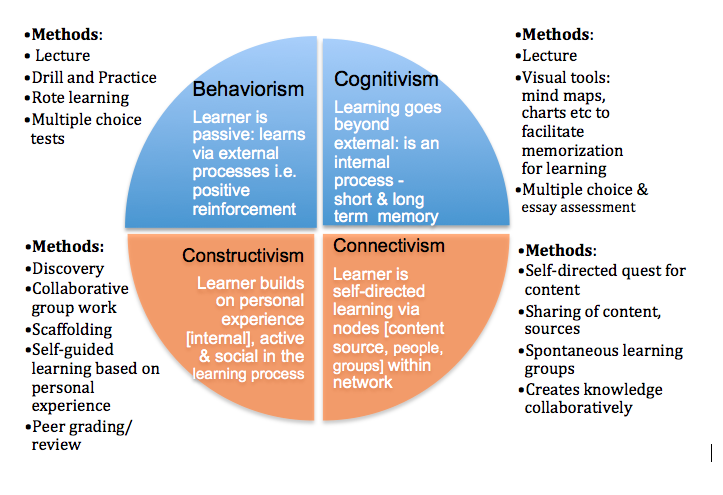 But I understood that my knowledge was not enough to work with people. At the same time, I do not think that I wasted my time. Now I often read fundamental works on psychology, which seemed useless at the university. I just wanted more practice back then.
But I understood that my knowledge was not enough to work with people. At the same time, I do not think that I wasted my time. Now I often read fundamental works on psychology, which seemed useless at the university. I just wanted more practice back then.
How I got a job as a psychologist in the Ministry of Emergency Situations
I thought that I would get practical knowledge if I worked by profession in some organization. And that this will then allow me to start a private practice.
A month before I received my diploma, a position for a psychologist appeared at the local fire department. My university cooperated with the Ministry of Emergency Situations, and one teacher wrote me a recommendation. There were good prospects there: a military rank, a preferential mortgage, a salary of 30,000 R and an early pension.
But the employment was delayed for a year. I passed the military medical commission, a polygraph and 4 interviews.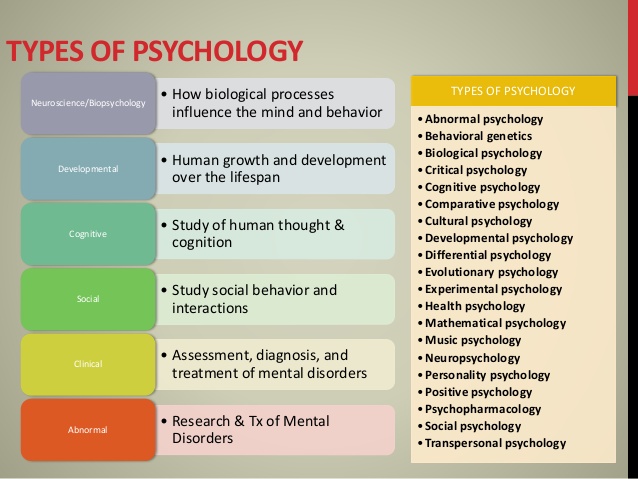 And for several months he worked part-time for free in order to "get acquainted with the profession."
And for several months he worked part-time for free in order to "get acquainted with the profession."
And when I was officially hired in 2014, it turned out that I would not receive shoulder straps and bonuses for the military. And my salary will not be 30,000 R, but 13,000 R. But I needed practice, there was no other job, and I agreed anyway.
13,000 R
I received in the Ministry of Emergency Situations
Three months later, my position was reduced altogether. I was transferred to another department for an even lower salary - 10,000 R, but I stayed to work. Now it's funny to remember it, but then my parents still supported me, and income was not so important.
All about work and earnings
How to change profession, get more and what to earn. Twice a week in your mail
What I did in the Ministry of Emergency Situations
Contrary to expectations, I did not consult anyone - I only conducted tests. I gave them to candidates at interviews, and to firefighters when they were promoted to higher positions. I checked the emotional state of firefighters and the psychological climate in the unit. The work was routine: I could just sit all day and write conclusions on tests.
I gave them to candidates at interviews, and to firefighters when they were promoted to higher positions. I checked the emotional state of firefighters and the psychological climate in the unit. The work was routine: I could just sit all day and write conclusions on tests.
The worst thing was that no one took the psychologist seriously at the Ministry of Emergency Situations. Sometimes I literally begged employees to complete their tests. Only the exercises were interesting: it was an imitation of a fire, and we went to the place for training.
My job was to talk to the victims of the emergency. Once we came to a real explosion of domestic gas. But there were no casualties, and my presence was a formality.
And once I accompanied Donbas refugees from Novocherkassk to Kaluga. In Voronezh, there were temporary accommodation centers for them. In one of them, a woman approached me. She was worried that she had become hot-tempered and this was reflected in her children. I thought there was something wrong with her. But then I couldn’t conduct a full-fledged consultation, because I didn’t have experience. He simply explained that this is normal behavior in a situation of such stress. He advised me to be more attentive to myself: try to notice tension immediately when it appears, so it is easier to prevent an outburst of anger.
I thought there was something wrong with her. But then I couldn’t conduct a full-fledged consultation, because I didn’t have experience. He simply explained that this is normal behavior in a situation of such stress. He advised me to be more attentive to myself: try to notice tension immediately when it appears, so it is easier to prevent an outburst of anger.
I worked at the Ministry of Emergency Situations for a year. In 2015, I felt that I was emotionally burnt out, realized that I was not getting the necessary experience, and quit. But I made sure that I want to do only consulting and that for this I need additional education.
6 useful services for finding a psychotherapist
In order to have something to live on, until 2017 I worked not in my specialty. First, he was a call center operator in a bank, then he was responsible for personnel certification in a trading company. And at the same time I went to study.
Additional education
After graduation, I thought that additional education was not necessary and that everything could be learned on the job.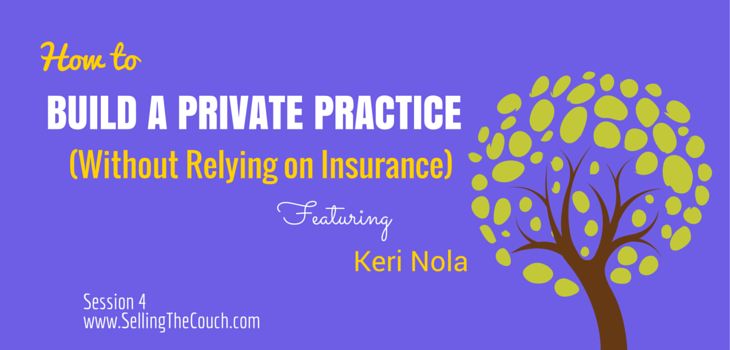 And after working in the Ministry of Emergency Situations, I realized that I was wrong.
And after working in the Ministry of Emergency Situations, I realized that I was wrong.
In 2015, I began to study Gestalt therapy - this is one of the methods of psychotherapy. To put it very simply, Gestalt therapy studies how a person manages his needs: notices them or ignores them, satisfies or does nothing.
Sometimes a person is not aware of them at all and therefore prevents himself from satisfying them. And from unsatisfied needs, experiences and problems arise. Gestalt therapy helps to avoid them: to realize the needs and understand how to satisfy them.
Basically, this is taught not by universities, but by professional communities. There is a society of practicing psychologists "Gestalt Approach". On the basis of it, the Moscow Gestalt Institute operates - this is a training program for Gestalt therapists. There was a branch of the society in Voronezh, it was possible to study without trips to Moscow.
How counseling differs from psychotherapy
Psychological counseling is based on some kind of psychotherapy, such as the Gestalt approach, which I studied.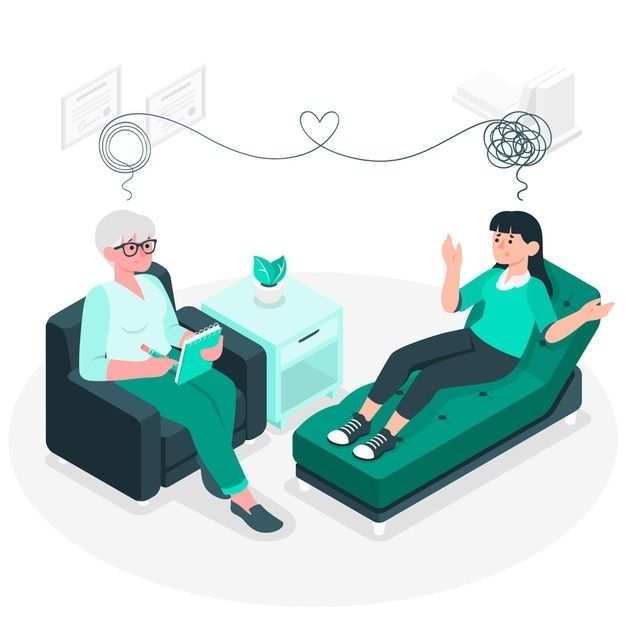 But it is believed that counseling is short-term and solves only superficial psychological problems. And psychotherapy is a long process, during which a person’s personality is deeply affected, and this is work for several years.
But it is believed that counseling is short-term and solves only superficial psychological problems. And psychotherapy is a long process, during which a person’s personality is deeply affected, and this is work for several years.
The processes of psychotherapy and counseling are very similar. That is, a psychologist who has mastered the Gestalt approach could call his work psychotherapy. But according to the law in Russia, only a person with a medical, not a psychological education can be a psychotherapist.
st. 1.1 Order of the Ministry of Health of the Russian Federation No. 438 of September 16, 2003 "On psychotherapeutic care"
The program that I chose consisted of two stages: the course "Fundamentals of the Gestalt Approach" lasted 1.5 years, the course "Theory and Practice" lasted 2.5 years ". I studied from 2015 to 2019, during this time he paid 567,000 rubles.
Unlike university education, this education included trainings, personal therapy, supervision and intensives. In parallel, I completed two specializations - work with symptoms and the body and neurotic disorders. Each lasted for a year. I paid for everything separately and in stages, so a salary of 20,000-30,000 R per month was enough for me. I took a loan only once: I went to Koktebel for the intensive "The Art of Staying in the Flow" and I urgently needed 50,000 rubles.
In parallel, I completed two specializations - work with symptoms and the body and neurotic disorders. Each lasted for a year. I paid for everything separately and in stages, so a salary of 20,000-30,000 R per month was enough for me. I took a loan only once: I went to Koktebel for the intensive "The Art of Staying in the Flow" and I urgently needed 50,000 rubles.
567 000 Р
I spent on education from 2015 to 2019
Next I will tell you in more detail how all this training went.
Trainings
Trainings were held every 1.5-2 months and took place on Friday evening, all Saturday and Sunday. They were also called three-days. Each training was devoted to a certain topic: working with groups, crisis and trauma, the relationship between the therapist and the client.
Classes were held in a group. During the study, the group seemed to have lived a whole life. We cursed, reconciled, fought for power and leadership, thanked, supported, became closer. This happened naturally, because any group develops according to certain laws. That is, we learned from our own experience.
This happened naturally, because any group develops according to certain laws. That is, we learned from our own experience.
Every day started with sharing — the participants talked about their mood, shared their experiences, desires and plans for the day. Then there was a lecture on Gestalt therapy and an exercise. It helped to check for oneself what they heard at the lecture.
I remember the lecture and the exercise on the relationship between body and psyche. The exercise was as follows: we divided into pairs - one told a story, and the second listened and noted his reactions. Then they changed. The stories were the most ordinary: how we spent time on the weekend, what we talked about in the morning with relatives. At the end, we discussed our reactions in this format: “When you spoke, my cheeks turned red and I drew in my shoulders. I felt embarrassed and wanted to hide so that you wouldn't see me." This is how we learned to notice the connection between the physical and the mental and understand ourselves better.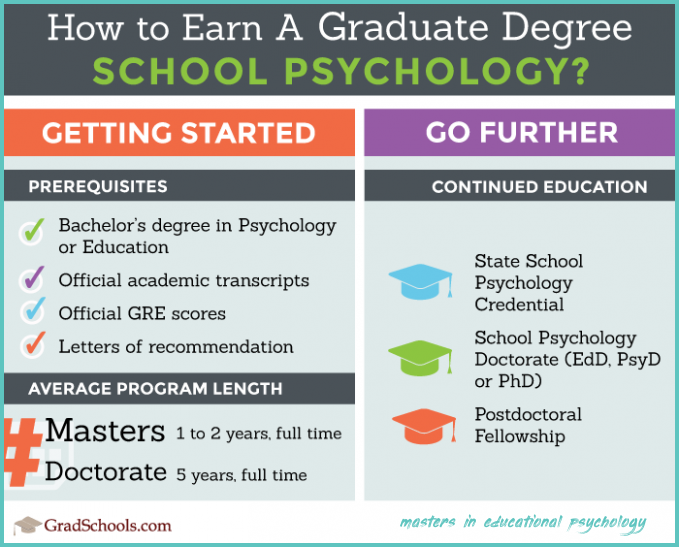
Many things were so surprising that I talked about them for weeks afterwards. I learned that if you draw an incomprehensible daub, you will learn interesting things about yourself. That even a silent client tells the psychologist a lot about himself. And that if you try on the role of a person who infuriates you, it may become easier.
125,000 R
I spent on trainings
The cost of trainings depends on the trainer and the region where they take place. One three-day training in Moscow costs an average of 10,000 R, and in Voronezh I paid 5,000 R. In 4 years, I completed 25 trainings and spent 125,000 R on them.
I received this certificate in 2019 when I completed my Gestalt therapy training. It lasted 4 yearsPersonal therapy
Personal therapy is when a psychologist goes to consult another psychologist. This is necessary to find out about your own problems. Without personal psychotherapy, a psychologist can harm his clients.
Let's say the psychologist is angry with the parents, but keeps this anger inside. And a client comes to him with the same problem. The psychologist may unconsciously push him to do what he wants, for example, to quarrel with his parents. And if the psychologist has problems with the expression of aggression, he will broadcast the same type of behavior to the client.
/psychotherapy/
How psychotherapy works
Psychologists for therapy were recommended to us by teachers. I later met one of them at a conference. I liked his master class, we got to know each other, and I managed to take a closer look at him. Then I signed up for a consultation.
I started personal therapy a year after starting my studies, in 2016. Must have been at least 60 hours. But I understood: the better I know myself, the more effective my work will be. Therefore, from 2016 to 2019I went through 120 hours of personal therapy.
The cost of one meeting varies greatly among specialists. In Voronezh, this is an average of 1,000 R per hour, and in Moscow the price can reach 8,000 R. I went 3-4 times a month and paid first 1,000 R, and then 1,500 R. Over 3 years, I spent 156,000 R.
In Voronezh, this is an average of 1,000 R per hour, and in Moscow the price can reach 8,000 R. I went 3-4 times a month and paid first 1,000 R, and then 1,500 R. Over 3 years, I spent 156,000 R.
In personal therapy, I tried on the role of a client and understood how a person feels during a consultation. The therapy helped me become more confident in myself and have less conflict with others. I learned to take risks and became more relaxed about uncertainty.
156,000 R
I spent on personal therapy
For example, without personal therapy, I would never have given up a stable job outside my specialty. I would not have coped with anxiety, I was afraid to let my loved ones down and did not declare myself as a psychologist. I remember how I was at the first consultation and how I changed later. And I'm afraid to imagine my life without therapy.
Individual supervision
Supervision is when a psychologist discusses his work with a specially trained colleague, or supervisor.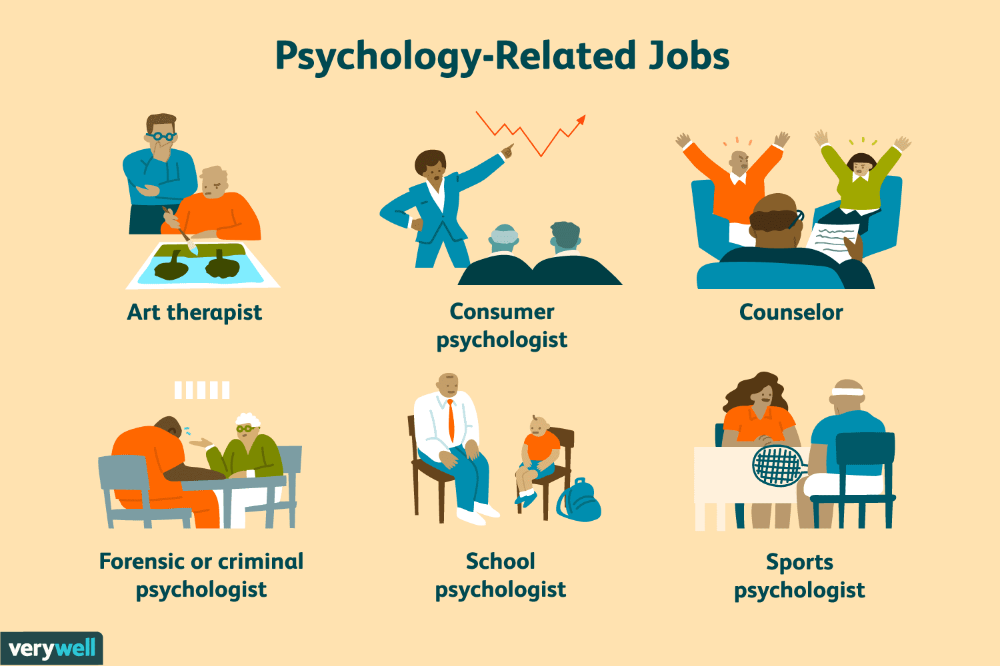 With him, you can discuss difficult cases from practice, share guesses about clients, ask about something from the theory of psychology. The supervisor gives advice on how to further develop your practice, helps you deal with uncertainty and fears, and tells you how to interact with colleagues in the psychological community.
With him, you can discuss difficult cases from practice, share guesses about clients, ask about something from the theory of psychology. The supervisor gives advice on how to further develop your practice, helps you deal with uncertainty and fears, and tells you how to interact with colleagues in the psychological community.
I started supervision in 2017 when I got my first clients. I already knew what supervisors there were in Voronezh and quickly found the right one. But these were rare visits, because I had few clients then. Regularly, that is, twice a month, I began to go for supervision in the second half of 2018.
First, I asked my supervisor how to start therapy, get a contract with a client, meet the time frame, and how much to charge for the consultation. Now I am discussing confusing situations from practice and my professional development.
78,000 R
I spent on supervision
During the training, you need to complete at least 60 hours of individual supervision.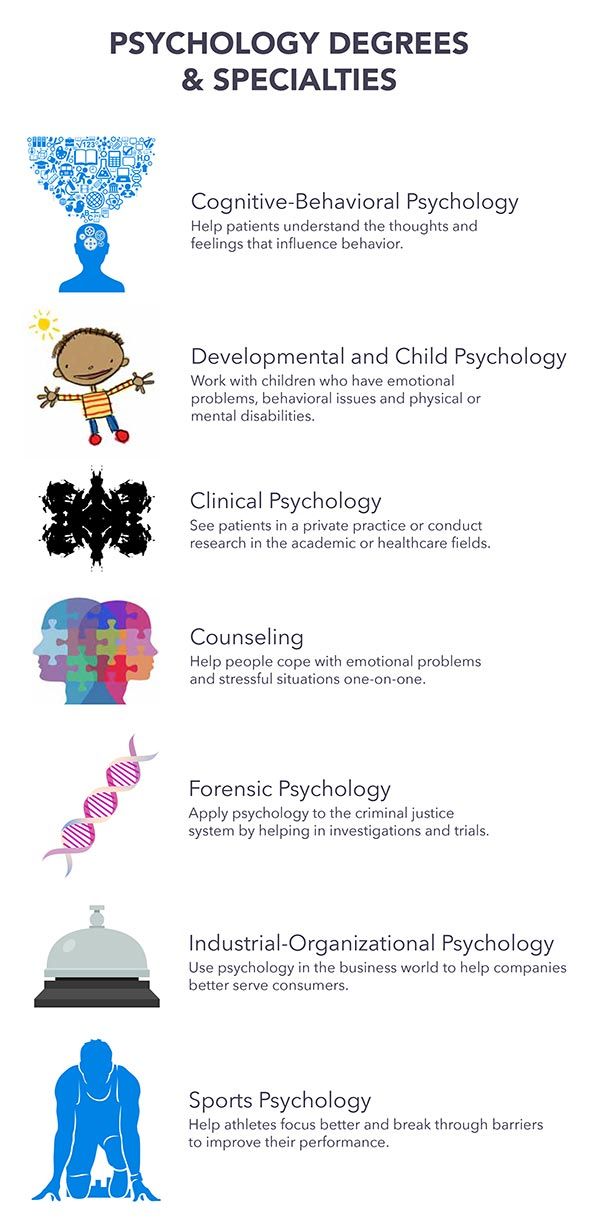 Like personal therapy, it costs 1000-8000 R per hour depending on the city. I paid 1300 R per hour and from 2017 to 2019 I spent 78 000 R for supervision. That is, to study in depth some direction in psychology: crises, traumas, psychosomatics, sexual disorders, addictions, work with teenagers or families.
Like personal therapy, it costs 1000-8000 R per hour depending on the city. I paid 1300 R per hour and from 2017 to 2019 I spent 78 000 R for supervision. That is, to study in depth some direction in psychology: crises, traumas, psychosomatics, sexual disorders, addictions, work with teenagers or families.
I completed two specializations - work with symptoms and the body in 2016-2017 and neurotic disorders in 2017-2018. Each consisted of 9 seminars. I paid 4,500 R for them. In total, I spent 81,000 R in 2 years.
Specializations at the Moscow Gestalt Institute
Specializations were like trainings: they included lectures, exercises and group work.
There was also an internship in a psychiatric clinic: there I learned to work with depression, anxiety and panic attacks. In practice, I understood which clients I can work with myself, and which ones I need to refer to a psychiatrist. Then people with severe mental disorders came to me twice. I immediately redirected them to the right specialist, and they thanked me for saving them time.
Intensives
An intensive is like a long training session. It lasts 12 days and includes lectures, supervision, individual and group psychotherapy.
Intensives are held in hotels and tourist bases - you can combine training and relaxation. When and where the intensives will be held, I found out on the website of the Moscow Gestalt Institute. I went to Koktebel for the first intensive course, and to the Kursk region for the second one.
I traveled to the intensives in my car and stayed in the hotels where they took place. It was possible to pay extra for three meals a day, but I refused it: I wanted to visit different cafes in the area.
Intensives lasted 12 days, every 3 days there was a day off. Classes started at 9-10 am and went until 6-7 pm. In the mornings there was a lecture, then everyone dispersed into process groups. The purpose of such groups is to share experiences with others. Process groups met at the beginning and at the end of the day. Every day we also had 3 hours of group therapy with a lunch break.
Every day we also had 3 hours of group therapy with a lunch break.
127,000 R
I spent on intensives
The rest of the time we talked, in Koktebel we went to the sea, and in the evening we had fun. On weekends we went on excursions.
Intensives cost me R127,000
| In Koktebel — 85 000 R | In the Kursk region — 42,000 R | |
|---|---|---|
| Accommodation | 36 000 R | 14 000 R |
| Power | 21 000 R | 15 000 R |
| Registration fee | 18 000 R | 10 000 R |
| Road | 10 000 R | 3000 R |
| Total | 85 000 R | 42 000 R |
Accommodation
in Koktebel
36 000 R
Registration fee
In Koktebel
18,000 R
In Kursk region
10 000 R
Road
In Koktebel
10 000 000 0003
I was looking for my first clients
While I was studying, I became more confident in myself as a psychologist.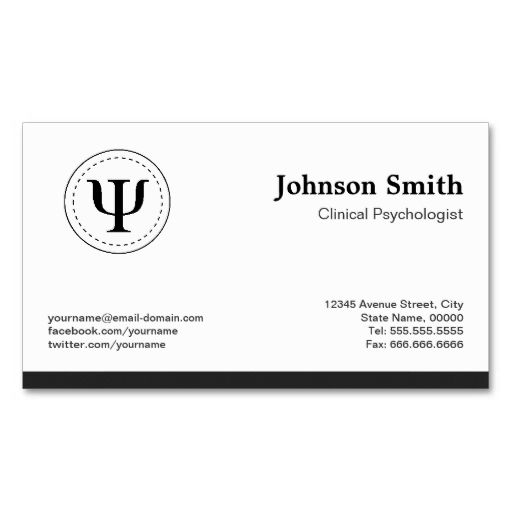 And in the fall of 2016, while still working in a bank, I decided to start looking for clients for consulting. At this time, I had been receiving additional education for a year and a half, specializing in working with symptoms and the body for half a year, and went to an intensive course in Koktebel.
And in the fall of 2016, while still working in a bank, I decided to start looking for clients for consulting. At this time, I had been receiving additional education for a year and a half, specializing in working with symptoms and the body for half a year, and went to an intensive course in Koktebel.
The teachers said that you need to tell about yourself to the closest circle, then the first client will be found. But all my friends already knew that I was a psychologist, but for some reason there were no clients. Then I created a group on Vkontakte, invited everyone to it and began to repost articles that I liked.
Then I sent out a mailing list to Voronezh people who were not among my friends. He wrote: "Hello. I am a professional psychologist. If you or your loved ones need psychological help, I am ready to help.” The mailing was impudent, but 4-5 people contacted me.
At this time, my classmate Yulia suggested that we gather people and hold meetings on the topic of emotional burnout.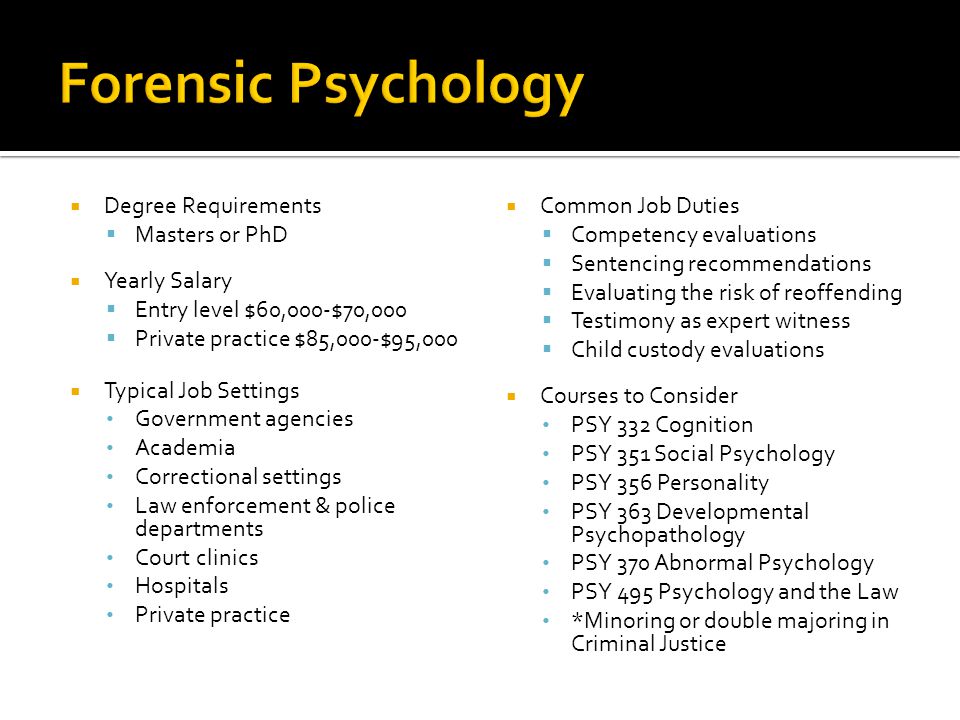 We liked to cooperate, and we came up with a joint project - "Psychological Studio Pastel". We made another group on Vkontakte and offered to sign up for consultations with us. True, only a few people contacted us during the year.
We liked to cooperate, and we came up with a joint project - "Psychological Studio Pastel". We made another group on Vkontakte and offered to sign up for consultations with us. True, only a few people contacted us during the year.
How I made the website
In 2018, Yulia and I made a website. For several months we thought: to call ourselves a center or a studio, to make a one-page site or not, what to write at the beginning and what at the end, what font and logo to make. It was like making a website once and for a lifetime. Then in two weeks they assembled it in the Tilda constructor, and a week later everything was changed there. Now we have probably already the 25th version on our website. Now it's funny to remember our abstract texts and flowers on the first logo.
We made the site ourselves and did not spend money on creation. But the payment for "Tilda" costs 9000 R per year. We pay for two people, so for 1.5 years I spent 6750 R.
29 250 R
I spent on the website and advertising on the Internet
We launched website advertising in Yandex Direct and Google Yard ". We also pay in half and at least 30,000 R per year. That is, in 1.5 years I spent 22,500 rubles on advertising.
For the first six months, the site worked well and brought us 1-2 clients a week. But then the number of applications dropped. We redid the design, changed the concept, but it didn't help. I realized that advertising does not work well and I need to actively promote myself on social networks.
We made this site ourselves in Tilda in 2 weeks. I posted all my certificates on the site, but this did not attract customersPromotion in social networks
We already had a group on Vkontakte. In 2019, I created two more — on Facebook and Instagram. I no longer reposted other people's articles, but wrote posts about burnout, stress and panic attacks myself.
At first, one post took a long time. I was afraid that readers would not understand me or my colleagues would condemn me. Then I started reading Maxim Ilyakhov's newsletter about editing - it became easier. Now writing texts is a common thing for me, and I consistently post one post a week.
I didn't know anything about social media promotion, but I didn't want to pay for it either. I studied the information on the Internet and began to do everything myself.
/psychotherapy-pros-cons/
Pros and cons: is it worth spending money on a psychotherapist? They gave a general idea of the progress.
Then I organized a free master class in Voronezh to attract clients. I spent 20,000 R on its advertising in social networks. But people came to the master class, but they didn’t become clients, and there weren’t more subscribers.
I distributed my posts on various psychological portals: Liwli, Self-knowledge-ru, Gestalt Club. Some promoted for a fee through Instagram. I spent 1,000 R per month on this and paid 18,000 R in 1.5 years.
In the spring of 2019, I spent 20,000 R to advertise three free webinars. I promoted them through Facebook and Yandex Direct. After that, 6 clients came to me. This is a good result, because clients do not come for a one-time consultation, but stay.
I promoted another webinar through a well-known blogger doctor on Instagram. For 8 stories I paid him 14,000 R. The webinar was free, and I sell the video from it on the site for 499 R. So far, 7 people have bought it.
377,000 R
I made money from consulting from 2017 to 2020
These efforts paid off. After 1.5 years, in 2020, there were more applications for consultations, and I was able to increase their cost. In 2017, I conducted 3 consultations per month for 800 R each. Now, in 2020, there are 30 of them: I take 1200 R from old clients, and 1500 R from new ones.
Once every 1-2 weeks I write posts about psychology for my Instagram. For 20191400 people subscribed to my channel for a year| After these stories on the Instagram of a famous blogger, 1800 people subscribed to my account | And 150 people registered for the webinar. |
Office rental
Until the end of 2018, Yulia and I rented an office with an hourly rate. They gave 200 R per hour. This is beneficial when there are few customers. For example, in 2017 I conducted 3 consultations per month and spent only 600 RUR on office rent.
And in January 2019, we rented our own office near the center of Voronezh. It is located in a new office building with a good renovation. There is also free parking, and there are always a lot of free places on it.
We bought an armchair, a sofa, a table, a hanger and a couple of pillows for the office. They gave 20,000 R for everything, they paid in half.
Rent with utilities costs 8500 R per month for two. We spend about 1000 R on little things: tea, coffee, sugar, sweets, water and paper handkerchiefs for clients. For 2019a year I spent 67,000 rubles on the office.
This is our office. We also wanted to put up a rack and a floor lamp, hang a picture and our diplomas on the wall, and blinds on the windows.Expenses in the near future
To have customers, you need to constantly learn and promote.
In the next 2 years, I want to retrain in clinical psychology. And a few more programs: acceptance and responsibility therapy, person-centered psychotherapy, cognitive behavioral and schema therapy. The training will cost me 200,000 R. But this is my personal choice of such expensive programs.
My mandatory expenses are at least 241,280 R per year
| Promotion | 80 000 R |
| Office rental | 51 000 R |
| Personal therapy | 36 000 R — 2 consultations per month for 1500 R |
| Supervision | 36 000 R — 2 consultations per month for 1500 R |
| Taxes | 17 280 R — at the rate of 30 consultations per month |
| Supervision in a group of colleagues | 15 000 R — 10 groups of 1500 R |
| Participation in professional conferences | From 4000 R |
| Intervision group - meeting with colleagues without a supervisor | From 2000 R |
Promotion
80,000 R
Office rental
51,000 R
Personal therapy — 2 consultations per month for 1500 R 9000
0003Supervision - 2 consultations per month 1500 r
36 000 R
Taxes - at the rate of 30 consultations per month
17 280 R
Supervision in the group of colleagues - 10 groups of 1500 r
15 000 R
Participation in professional conferences
From 4000 R
Intervision group - meeting with colleagues without a supervisor
From 2000 R
To become a practicing psychologist, from 2015 to 2019 I spent 740 250 R
| Personal therapy | 156 000 Р |
| Intensives | 127 000 Р |
| Training | 125 000 R |
| Specialization | 81 000 Р |
| Individual supervision | 78 000 R |
| Office rental | 67 000 Р |
| Contextual advertising | 22 500 R |
| Advertising free webinars in social networks, Yandex Direct and Google Adwords | 20 000 R |
| Facebook ad setup | 20 000 R |
| Promotion of posts in social networks | 18 000 R |
| Advertising on Instagram of a famous blogger | 14 000 R |
| Tilda payment | 6750 P |
| Facebook and Instagram advertising courses | 5000 R |
Personal therapy
156,000 R
Intenses
127 000 000 0003
Training
125 000 0002 Specialization
81 000 R 9000 R
Advertising free webinars in social networks, Yandex Direct and Google Adwords
20,000 R
Setting up advertising on Facebook
20,000 R
Promotion of posts in social networks0003
18 000 R
Advertising on the Instagram of the famous blogger
14 000 R
Payment Tildes
6750 R
Courses about advertising on Facebook and Instagram
5000 R
What is needed to become a private psychologist
01- Get a higher psychological education for money or for free.

